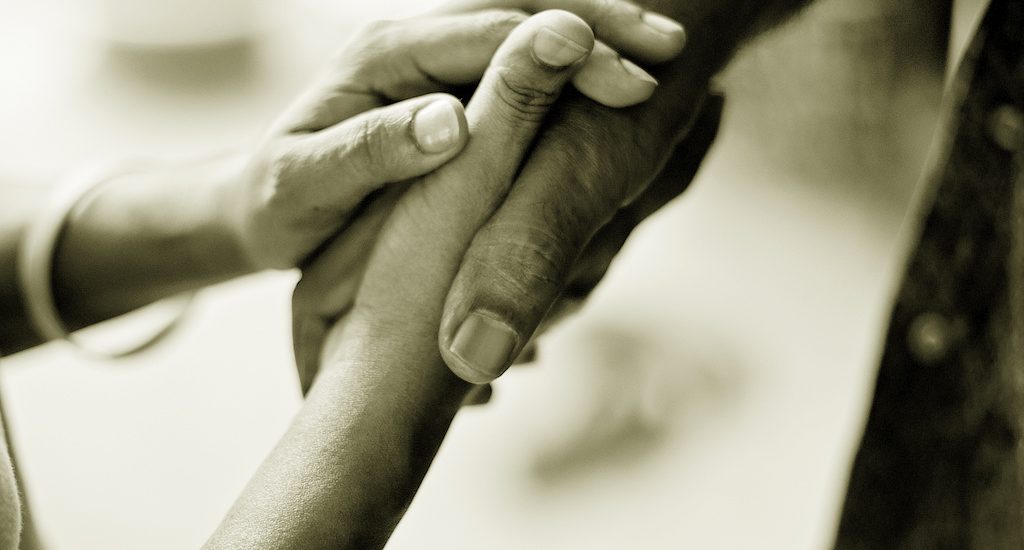Once upon a time, our days began at the milk booth waiting for a glass bottle of watery milk. Then we would be at the ration shop standing in line hoping to get a few kilos of sugar or dal. Now we wait at the closed doors of banks trying to get our own money. The good old days are back again.
Standing in a queue, listening to the people, you cannot help but be amazed at their attitude. At the way the whole country has been patient and kind to each other at this time of national calamity.
Hang around a few queues and you’ll see the kindness of ordinary people. There are young men patiently helping people fill up their forms. There is the generosity of men serving paper cups of tea to those waiting for hours in the cold. Notice the bank guard who gives his chair to old people to sit on and the bank official patiently answering the same questions again and again.
The most generous have been the members of the Sikh community who have a deeply held tradition of charity. They are serving water and tea in front of banks and ATMs. All gurdwaras report many more people coming for a free meal at the langars. One gurdwara even opened its donation box and distributed the notes and coins to the needy.
It is the teachings of Guru Nanak that still inspire the Sikhs in their quiet acts of charity. He began the system of kar sewa and langar that encouraged selfless giving and also equality. People donate food items for the langar. The people working in the gurudwara kitchen are doing it for free and the people sitting down to eat belong to all religions, castes and gender. No one checks your identity at the door of a gurudwara, everyone is welcome.
As Guru Nanak sings in one of his unforgettable hymns,
“Beautiful gateways, houses and palaces
Strongholds by the thousands
Elephants and horses richly caparisoned…
Not one of these will accompany you on your last journey.
The fool pines away for them and dies in his ignorance.”
Guru Nanak asked a question that we all nameless, forgotten Indians are asking of the rich and powerful today. How much does one person need for a single lifetime? Where does greed end? If you think about it, does anyone remember the kings and merchants of the time of Nanak?
The person who is remembered and worshipped six hundred years later was a penniless, wandering, poet who loved and respected the human spirit. And most interestingly his companion during his travels was a Muslim rabab player called Mardana.
So that nameless, forgotten Indian standing in the queue accepts this time of adversity and chooses patience and humour, kindness and camaraderie and goes on. They are the true disciples of Guru Nanak.


